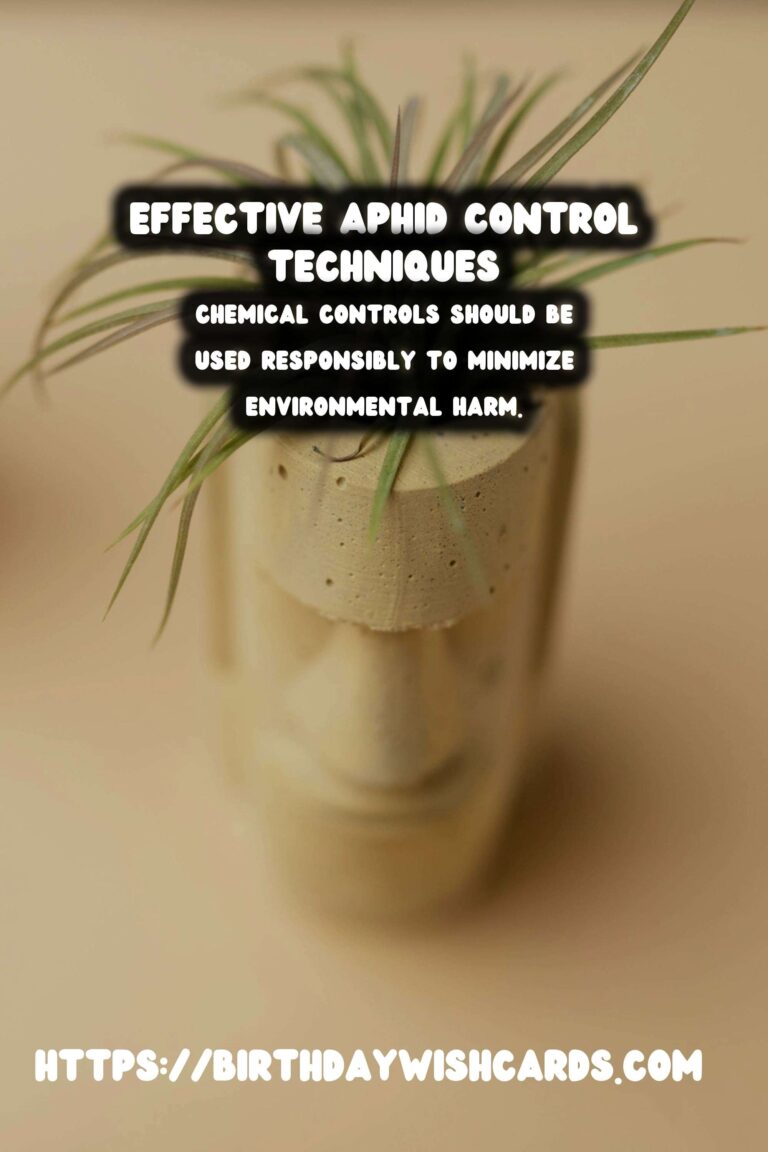
Aphids are one of the most common plant pests that gardeners and farmers encounter. These small, sap-sucking insects can cause significant damage to a wide range of plants, making it crucial to understand how to control them effectively.
What Are Aphids?
Aphids are small, soft-bodied insects that can be green, black, brown, red, or white. They feed by sucking the sap from plants, which can weaken the plant and lead to distorted growth. Aphids reproduce quickly, and a single plant can host hundreds of them within a short period.
Signs of Aphid Infestation
Identifying an aphid infestation early can help prevent damage to your plants. Common signs include curling leaves, stunted growth, yellowing foliage, and the presence of a sticky substance known as honeydew. Honeydew can lead to the growth of sooty mold, further damaging the plant.
Natural Aphid Control Methods
Using natural methods to control aphids can be an effective way to protect your plants without harming the environment. Here are some popular natural control methods:
1. Introduce Beneficial Insects
Lacewings and ladybugs are natural predators of aphids. Introducing these beneficial insects to your garden can help to control aphid populations naturally.
2. Neem Oil
Neem oil is a natural insecticide that can be sprayed on plants to control aphid populations. It works by disrupting the life cycle of the aphids, preventing them from reproducing.
3. Insecticidal Soap
Insecticidal soaps are designed to target soft-bodied insects like aphids. They work by breaking down the protective outer layer of the aphid, causing it to dehydrate and die.
Chemical Control Options
If natural methods are not sufficient, chemical control may be necessary. However, it is important to use these products responsibly to minimize harm to beneficial insects and the environment.
1. Systemic Insecticides
Systemic insecticides are absorbed by the plant and kill aphids when they feed on the sap. These insecticides can provide long-lasting protection but should be used with caution.
2. Contact Insecticides
Contact insecticides kill aphids on contact. They are effective for severe infestations but may need to be reapplied often to control new generations of aphids.
Preventing Aphid Infestations
Prevention is key to managing aphid populations. Regularly inspect your plants for signs of aphids, and remove any infected leaves or plants immediately. Encourage a healthy garden ecosystem by planting a variety of plants and providing habitats for beneficial insects.
Conclusion
Controlling aphids requires a combination of monitoring, natural control methods, and, if necessary, chemical treatments. By understanding the behavior of aphids and taking proactive steps, you can protect your plants from these common pests.
Aphids are small, sap-sucking insects that cause significant damage to plants. Identifying an aphid infestation early can prevent serious damage. Natural control methods include introducing beneficial insects and using neem oil. Chemical controls should be used responsibly to minimize environmental harm. Prevention is key to managing aphid populations effectively. 
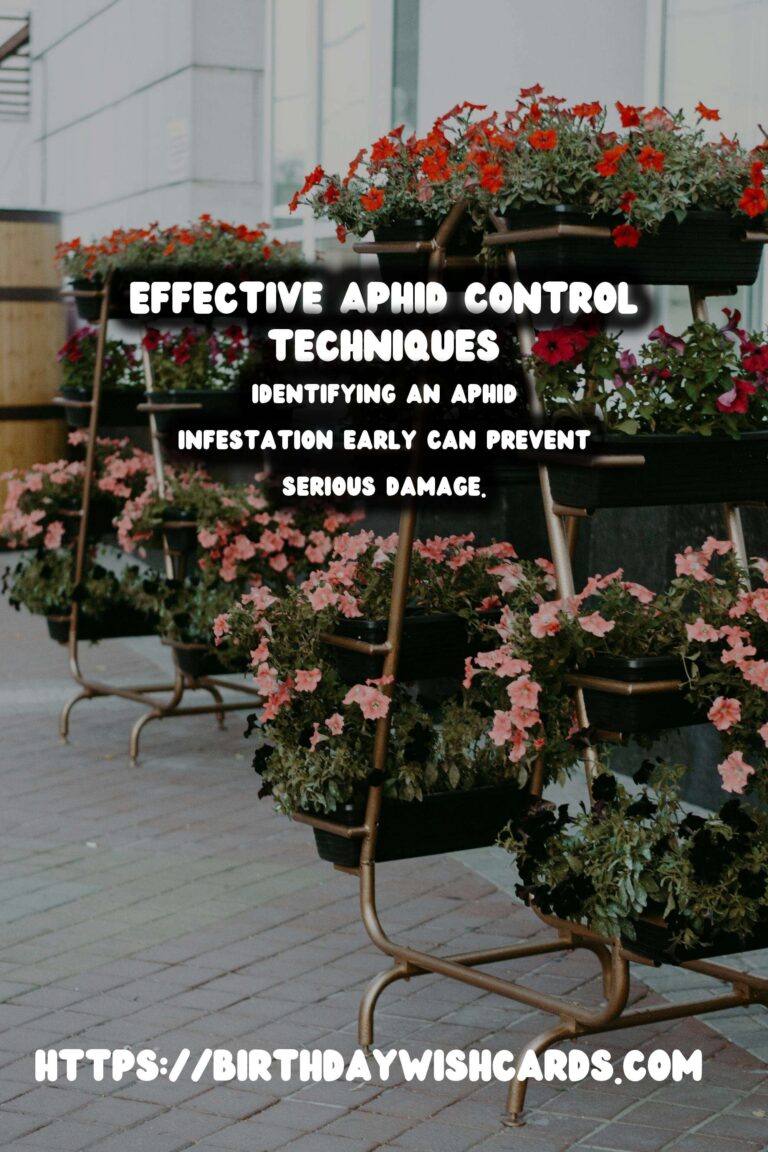
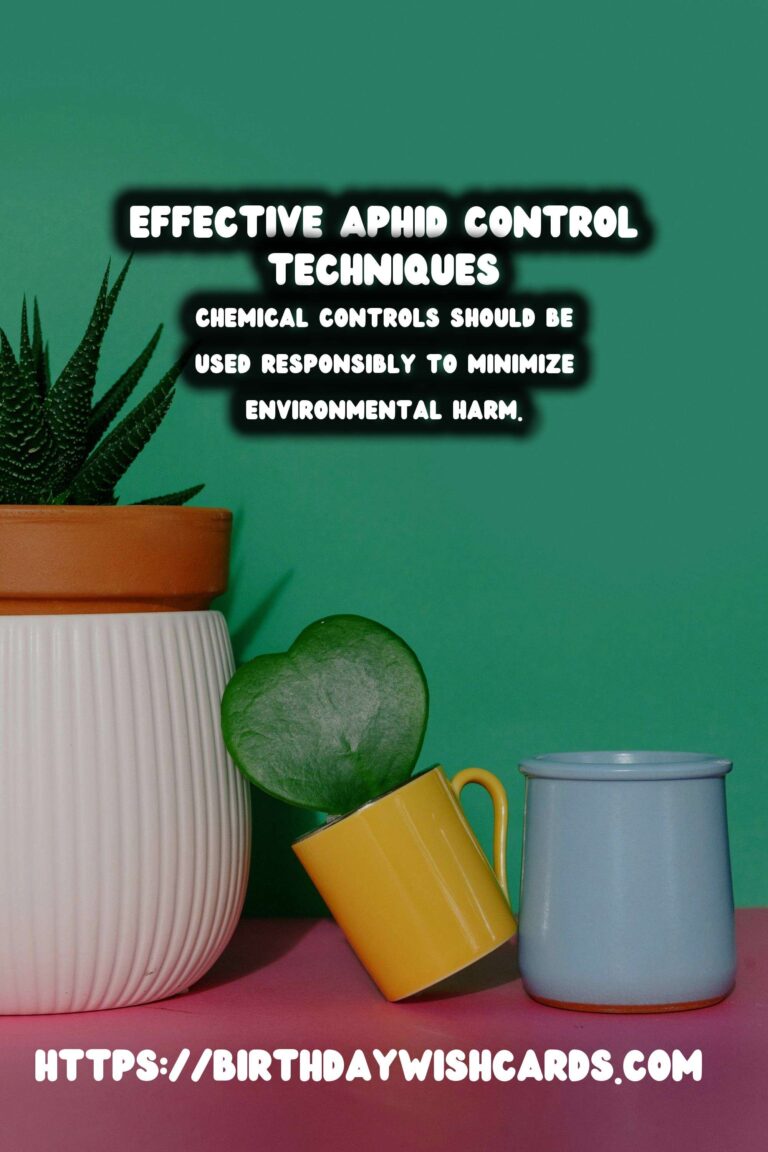
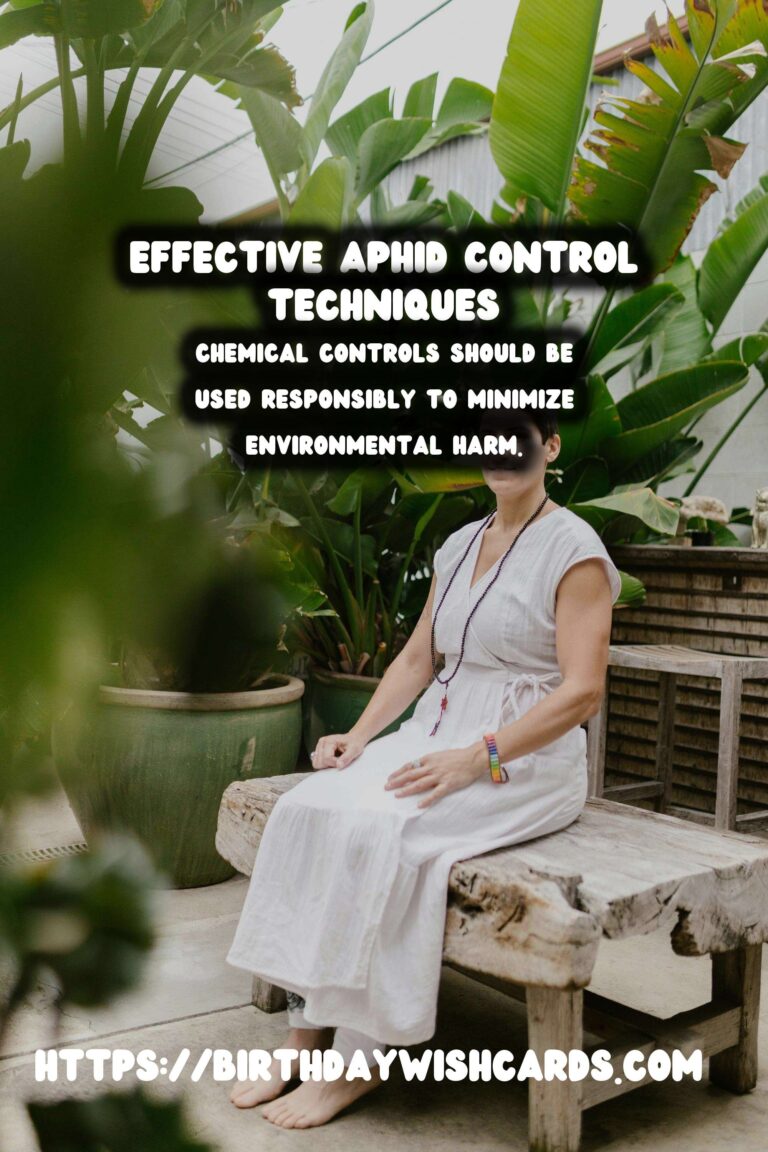
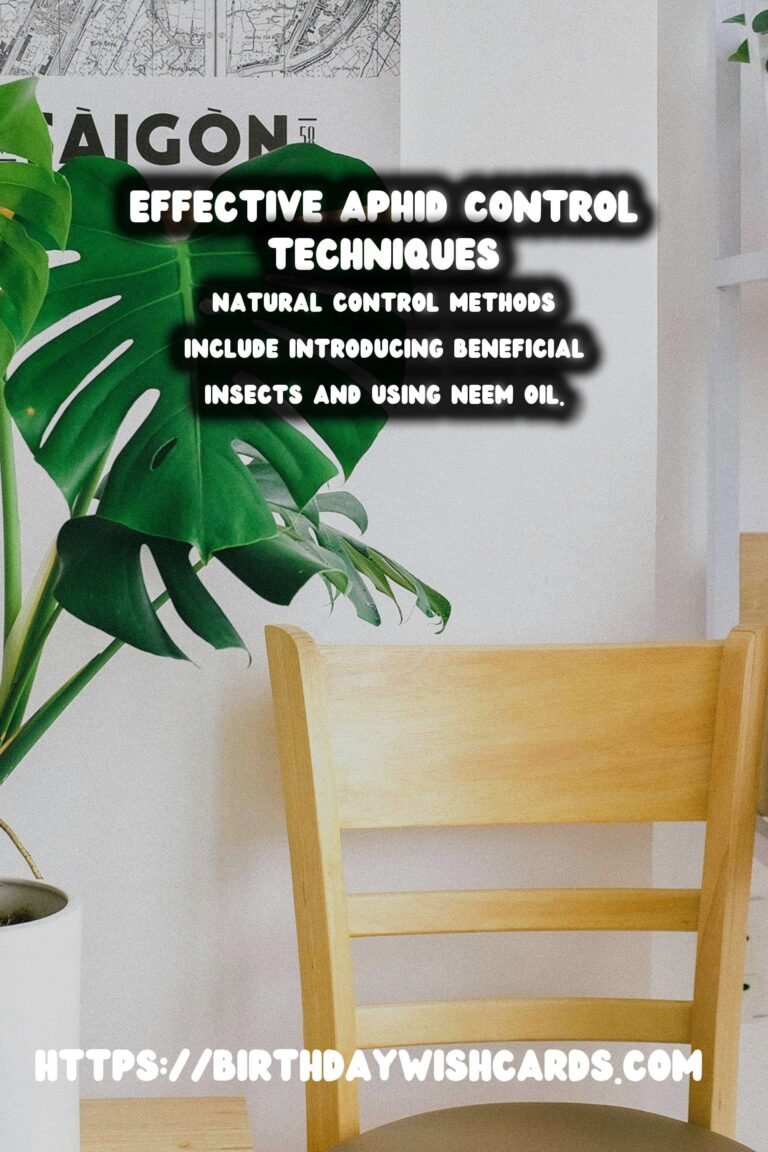
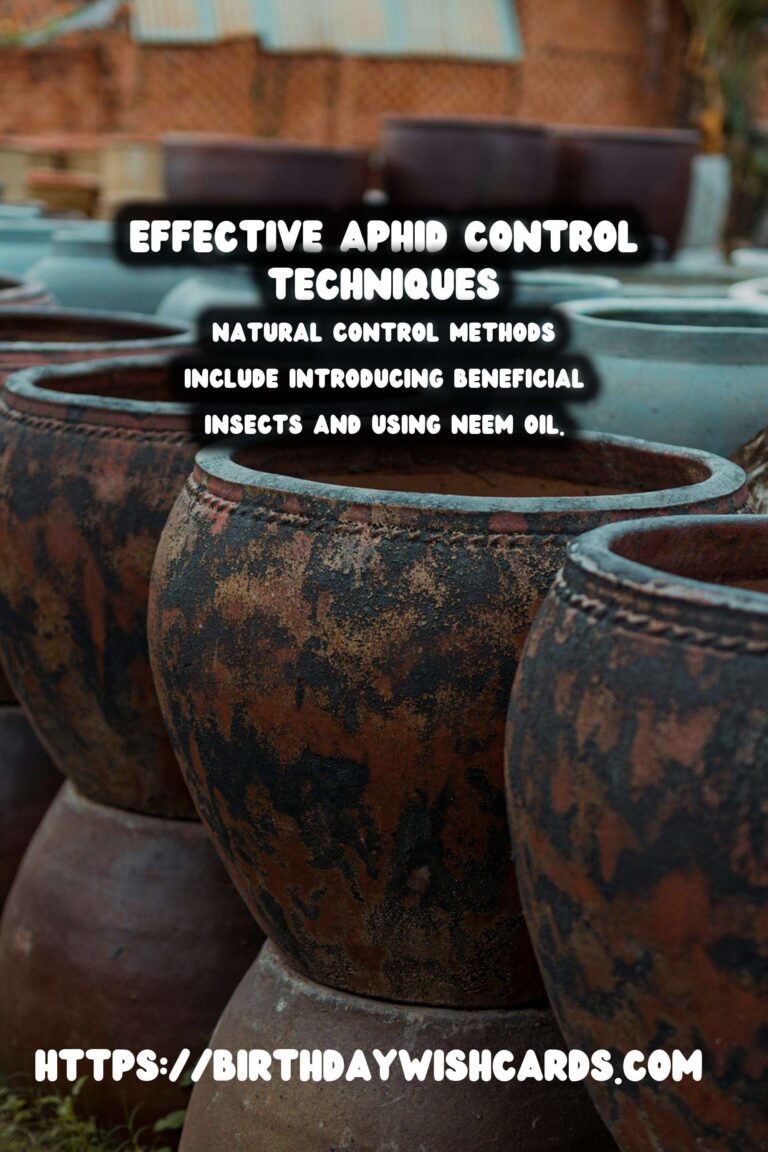
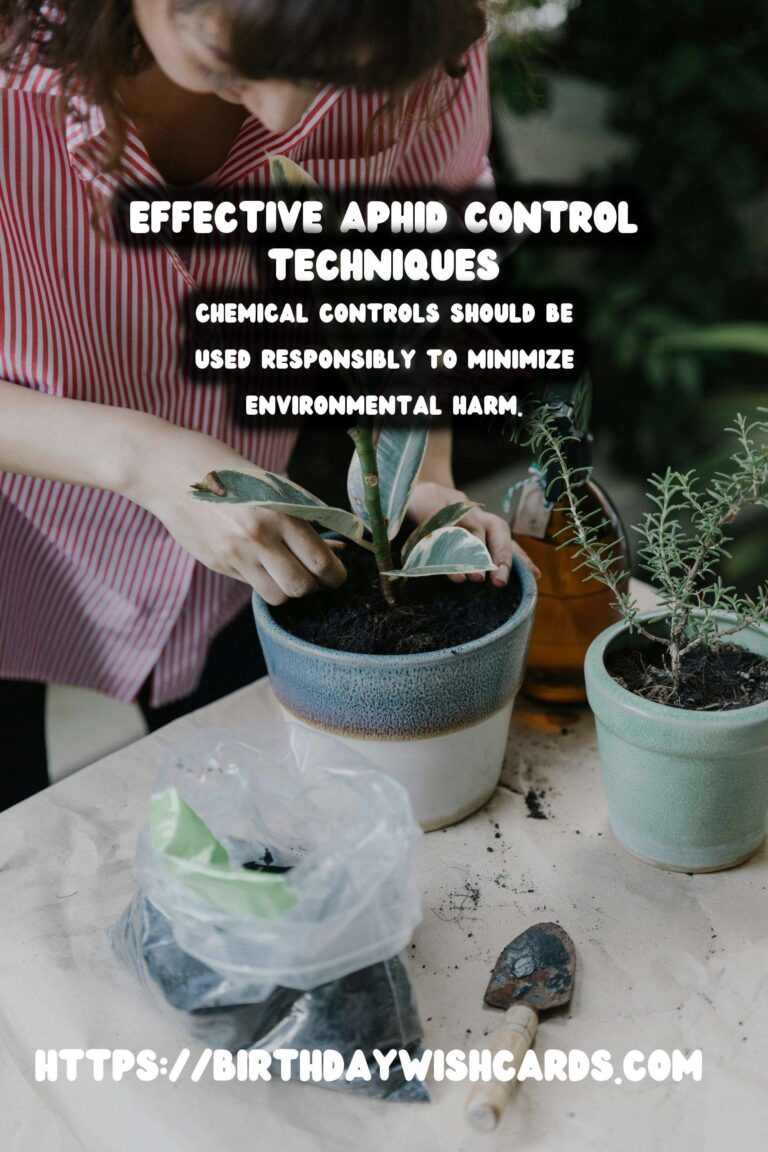
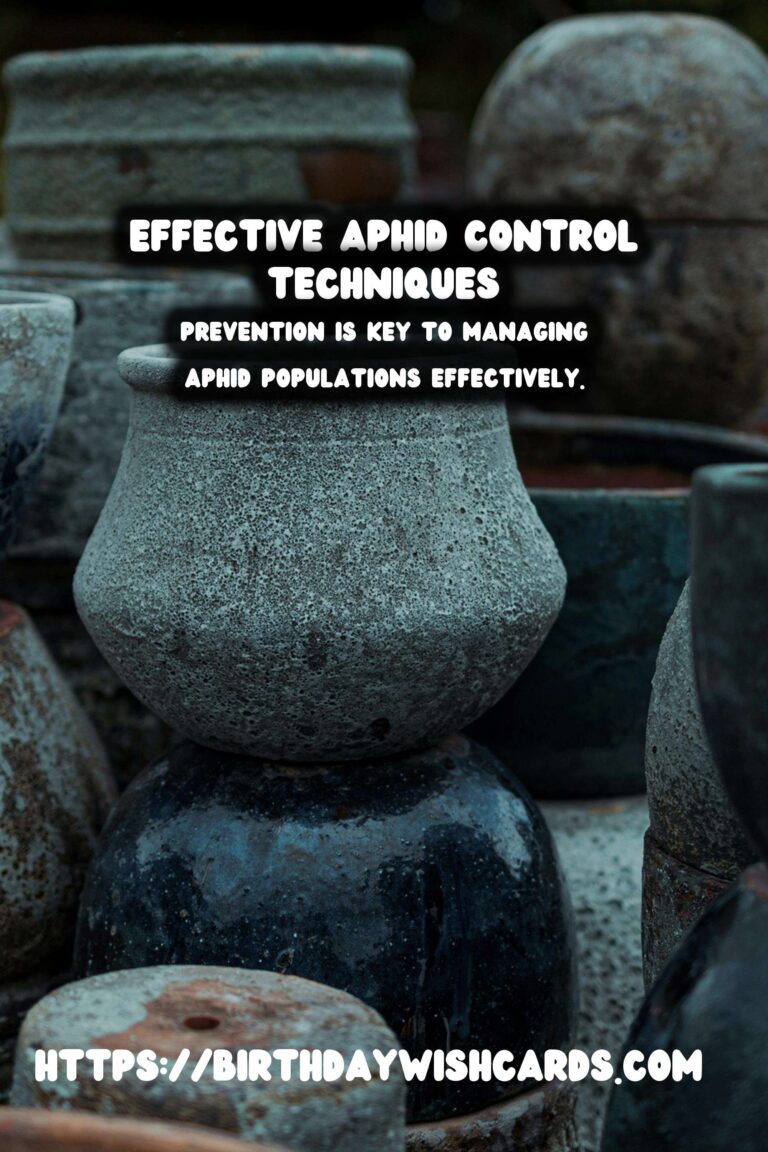
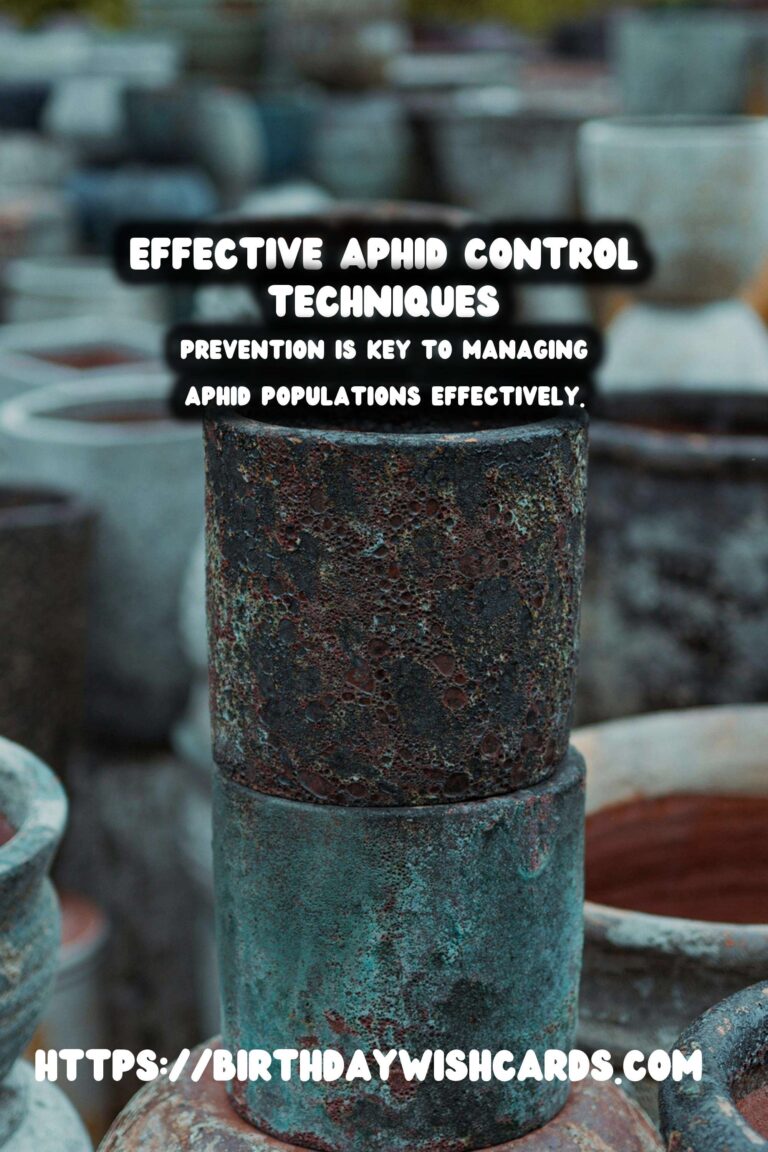
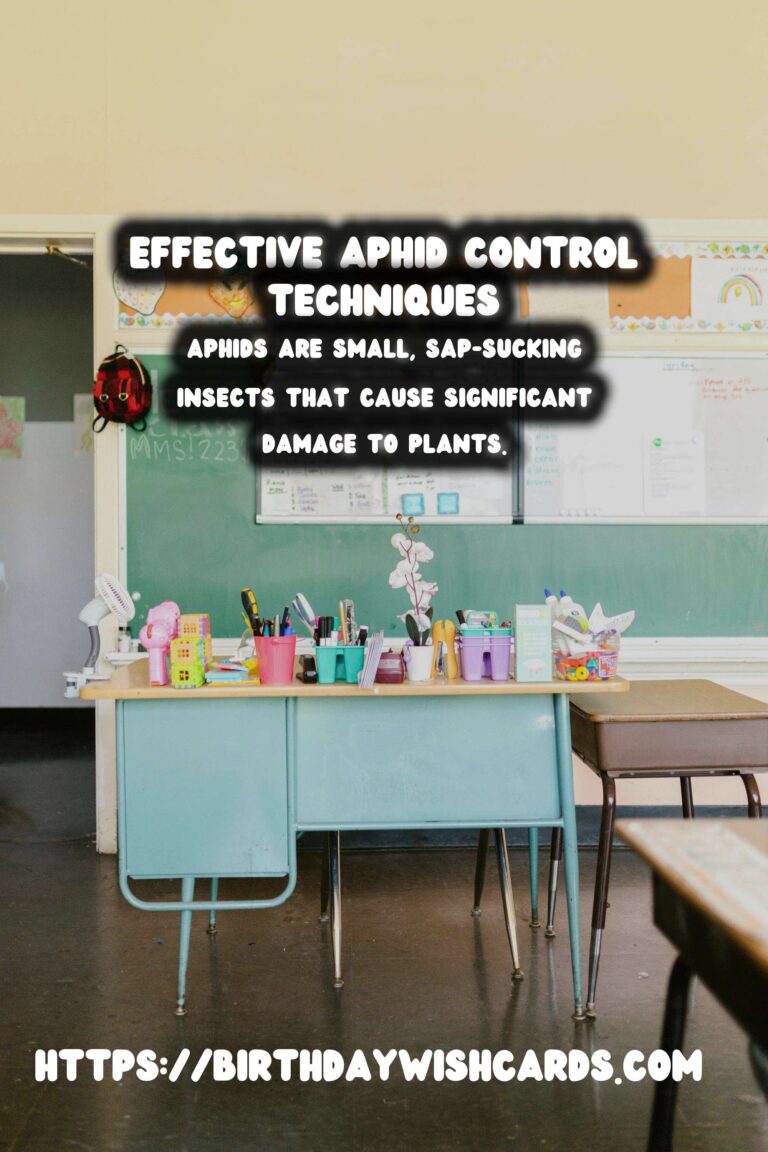
#AphidControl #GardeningTips #PlantPests #OrganicGardening




